Executive Summary:
Russian state media has amplified remarks attributed to President Vladimir Putin praising a U.S. citizen said to have died fighting for Russian forces in eastern Ukraine. The specific details have not been independently verified, but the episode fits a wider pattern of Moscow showcasing foreign recruits and using personal stories to shape the narrative of its war. It also raises legal, diplomatic, and humanitarian questions for Westerners drawn into the conflict.
What Moscow is saying
Russian state outlets reported that President Vladimir Putin publicly hailed the bravery of an American who allegedly joined the Russian military in secret and was killed in the Donbas last year. One report went further, asserting a family connection to a senior U.S. intelligence official. The Kremlin has not provided verifiable documentation or publicly released identifying details that can be independently confirmed. In the absence of corroboration from neutral sources or the individual’s family, this remains a claim originating from state media in a highly contested information environment.
What is known and what is not
The core fact that can be established today is the existence of a publicized claim from Moscow; the specifics about the individual’s identity, service status, and circumstances of death are not confirmed by independent reporting. U.S. authorities have not issued statements validating the account. In past cases, Western governments have typically refrained from confirming the identities of citizens who fight for foreign forces unless families choose to speak publicly. While it is unusual, it is not impossible that Western nationals join Russian units; verifiable numbers are small and hard to pin down. Until credible documentation emerges—such as consular notifications, family statements, or court and administrative records—this should be treated as an unverified assertion with potential strategic messaging value for Russia.
Foreign fighters on both sides of the front
The war has drawn in foreigners in multiple ways. Ukraine’s International Legion has openly recruited volunteers from dozens of countries since 2022, and several Americans have been confirmed killed or captured while fighting on Ukraine’s side. Russia, for its part, has relied on a mix of mobilized citizens, private military veterans, and foreign recruits. Moscow has offered expedited citizenship and financial incentives to foreigners who sign military contracts, and governments in countries such as India and Nepal have publicly complained that some of their citizens were duped or pressured into combat roles in Russia. Cuban authorities have also reported trafficking networks moving their nationals to Russia for military service. These flows are difficult to quantify precisely, but credible government statements and major media reporting point to a persistent pattern: both sides leverage foreign manpower, and foreign families often learn of service or casualties only after the fact, through informal channels.
Why the narrative matters
Publicly elevating the story of a Western national fighting for Russia serves several purposes for Moscow. It signals global appeal for Russia’s cause, seeks to embarrass Western governments, and aims to undercut the idea that the war is a simple East–West divide. The specific allegation of a link to a senior U.S. intelligence figure, if unproven, would fit an information strategy designed to provoke headlines and sow doubt. For ordinary people, the practical stakes are concrete. Families can be left navigating repatriation, benefits, and bereavement across hostile borders. Individuals who consider joining foreign forces face significant risks: death or injury on the battlefield, possible detention, and potential legal exposure at home. In the U.S, sanctions on Russia’s defense sector and broad restrictions on providing services to sanctioned entities mean that a citizen who contracts with Russian military structures could encounter serious legal consequences on return, alongside the moral and physical hazards of combat
The immediate question is whether any independently verifiable details surface: a Kremlin transcript with confirmable identifiers, family confirmation, or third-party documentation that substantiates the identity and circumstances. Also watch for any response from U.S. authorities, which would indicate whether consular channels or legal inquiries are engaged. More broadly, expect Russia to continue spotlighting foreign recruits in its media, just as Ukraine publicizes its international volunteers, as both sides compete for global sympathy and legitimacy. Governments in countries whose citizens have been caught up in the fighting are likely to keep tightening travel advisories and pursuing repatriation, a reminder that behind the headlines are families grappling with the war’s most personal costs.



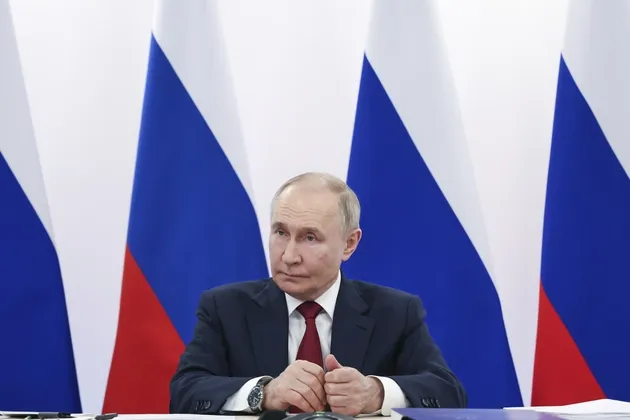
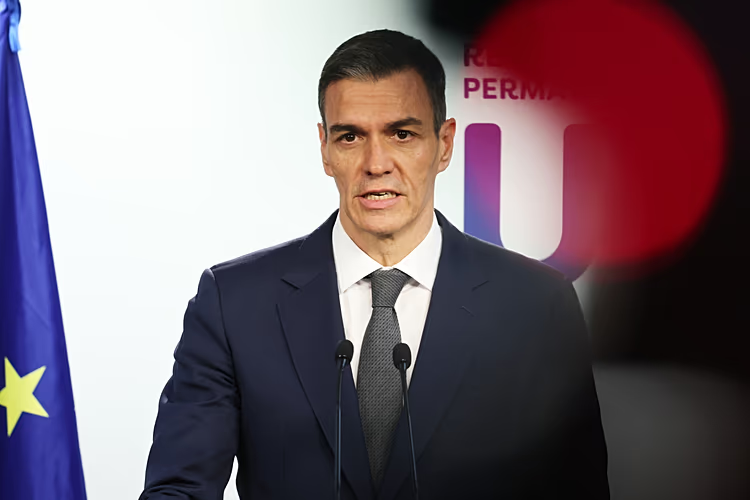
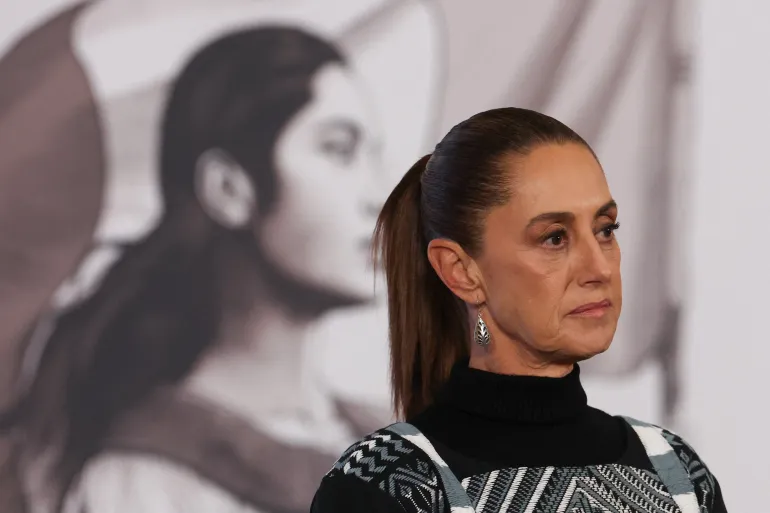
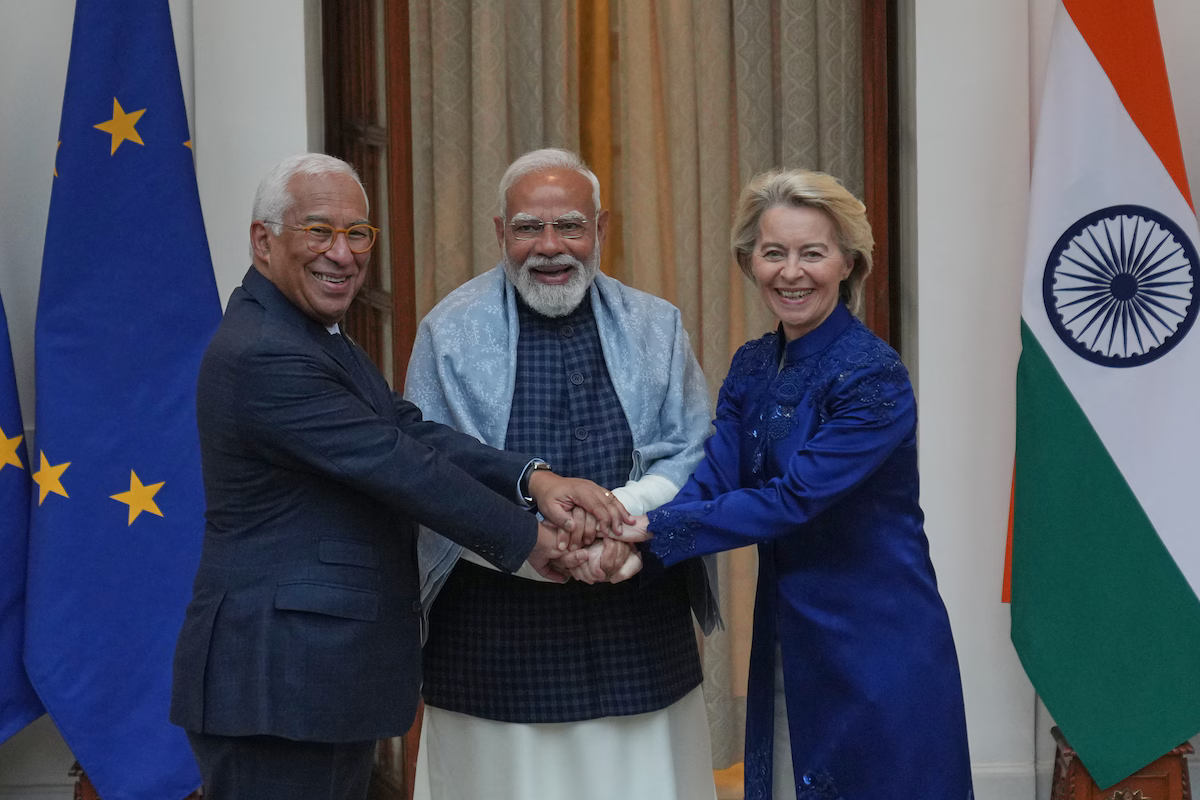
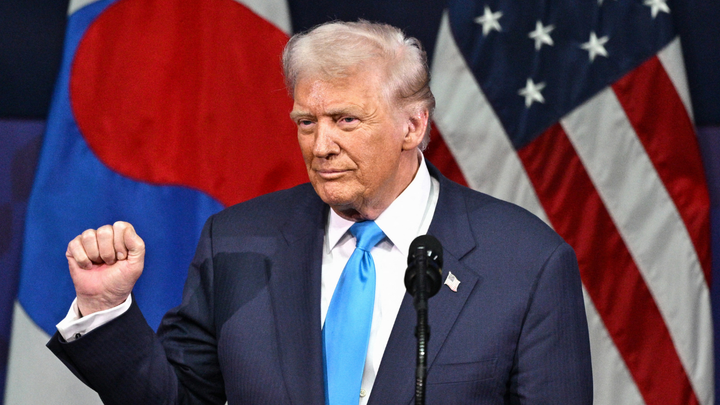
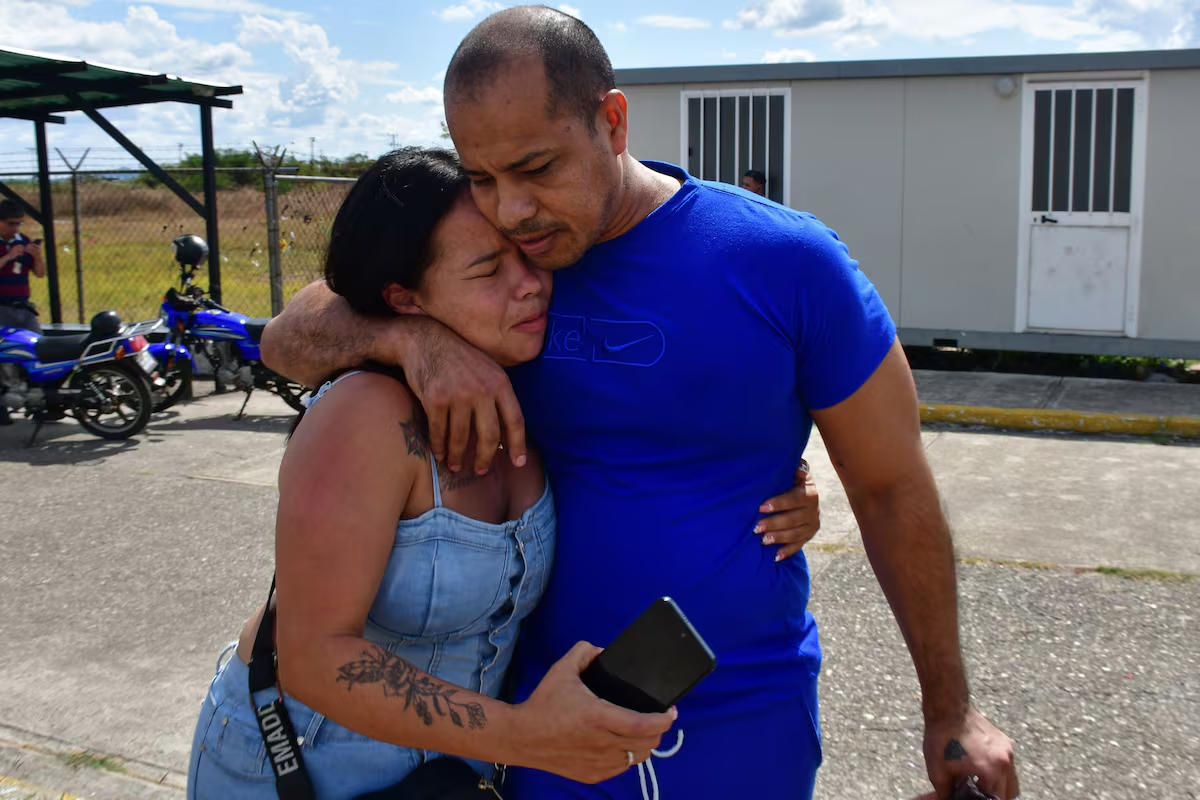

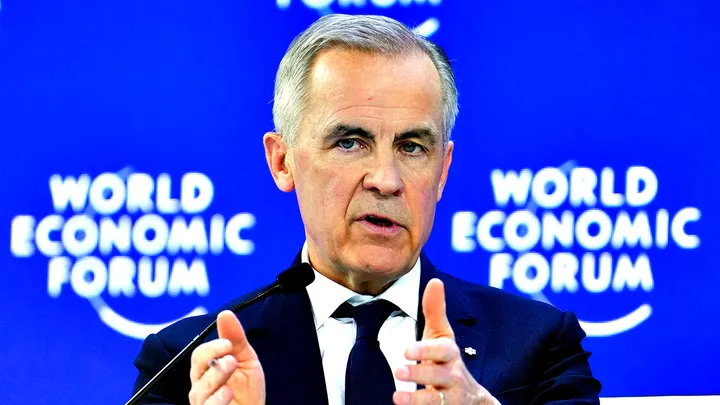
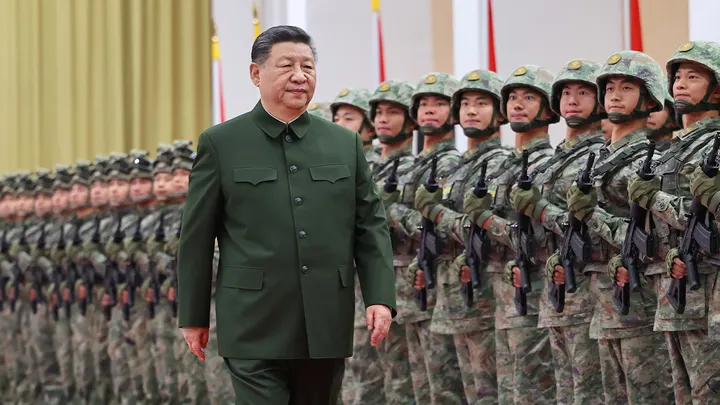
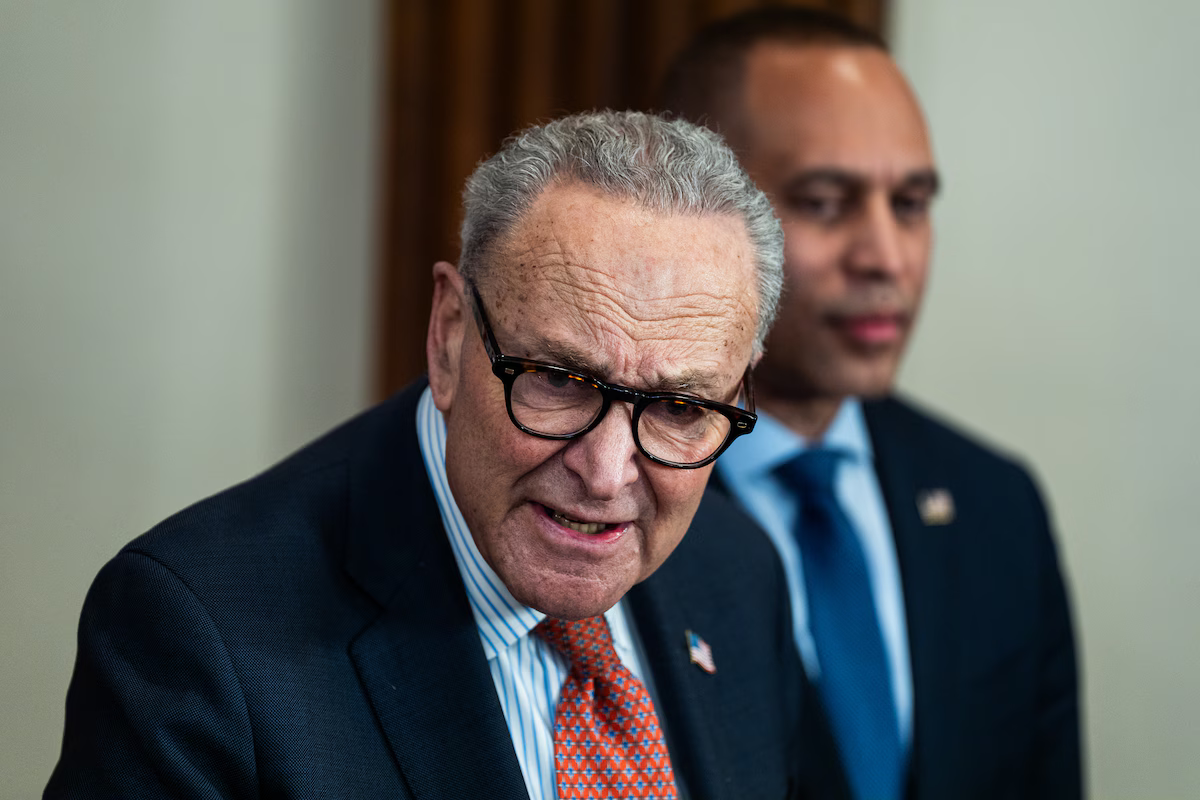
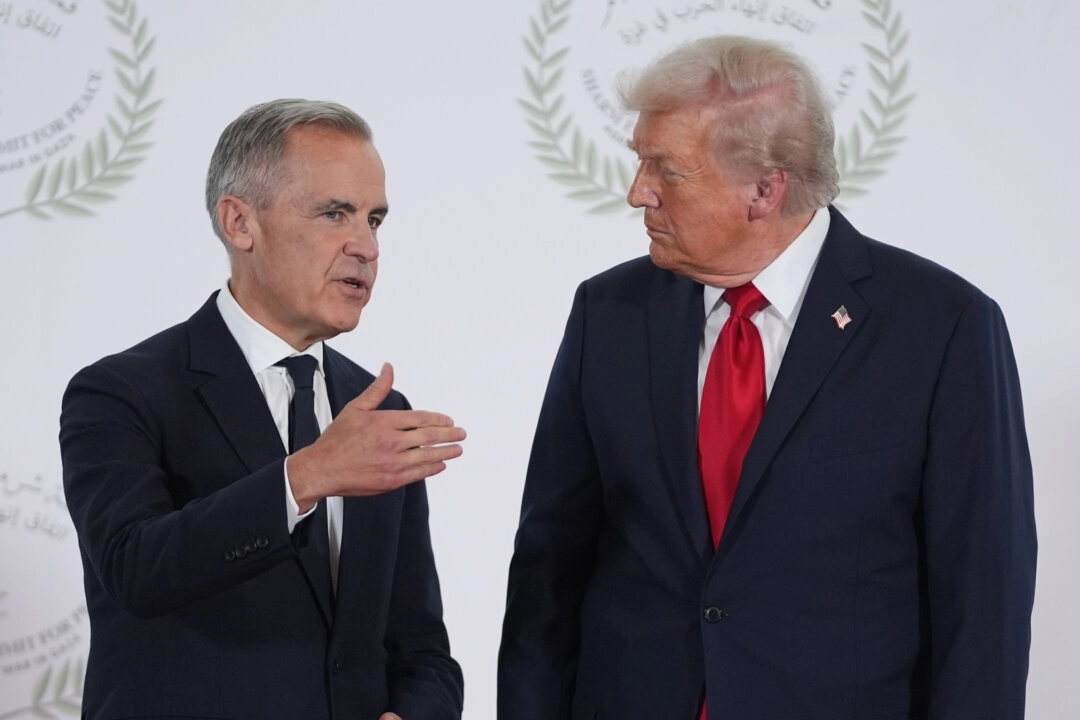
Discussion